How to Overcome Common Bio-IT Challenges As Your Biotech Grows
How do you maximize success as a Biotech startup? For most, it begins with a core goal: Improve patient outcomes through novel discovery. From there, you dedicate yourself to science. Hone your discovery. Secure funding. Hire a few exceptional people. Demonstrate results through pristine data and analytics. Secure even more funding. Maybe hire a few more great people until, ultimately, you’re given the opportunity to market your great innovation. Easy, right? Wrong. The reality is, maintaining the core focus that inspired your discovery is not always easy, particularly as science becomes a business.
Leaders who once lived R&D may find themselves removed from that work as they attend to all the realities of running a business; while those who were hired to support a particular effort, maybe thrust into new roles simply because there is a need to get something done. And fast. There’s an exceptional amount of gray when it comes to growing a Biotech. And one area that we’ve seen most often alter their trajectory and momentum, is their Bio-IT infrastructure. It’s important to get that piece of the puzzle right as it (obviously) helps you advance your initiatives. But beyond that, it makes your organization more attractive to talented employees, instills confidence in investors, and demonstrates to a potential buyer (if that’s your goal) that you’re able to deliver results outside of the Wild West. But “getting it right” is not always easy. As scientists, a curiosity to improve the world around you naturally leads to questions on how something can be done better. Why not apply that same logic to your Biotech? If you (or members of your team) find yourself asking these questions, it may be time to consider the value of support from a specialized external partner.
- “Who owns that?” As you grow, it’s unavoidable that your focus will begin to shift. Though your role was once well-defined, managing the technical complexities of a growing Biotech requires that you—or your lean and mean team—are likely spending time on tasks that fall outside of your areas of expertise. Like scientists modifying Cloud workflows or enterprise IT personnel designing analytics frameworks. While the work needs to get done, is that model making the best use of everyone’s time? Probably not. The bottom line is, if you find yourself or members of your team taking on responsibilities that aren’t maximizing your Biotech’s success, it’s time to reassess.
- “How do we scale to reach out next milestone?” While many view scalability as an action item for the future, the reality is, it may first warrant a review of the past. Some of us have come from Big Pharma, where equal access to resources and the need to find creative solutions to skirt restrictive policies and procedures led to operating outside of the boundaries. But building-up your Biotech is best accomplished when the proper Bio-IT framework is in place. That means a shared and well-adopted platform, upon which you can develop specialized applications and compute workflows, thoughtfully manage data, and execute through individuals experienced in and accountable for the right outcomes. Remember, there’s no better time than now to implement best practices.
- “How do we get a better handle on our data?” When data is the most important asset of the company, aside from the people in the organization and the partners you choose, the demand to better manage (e.g, locate, store, retrieve, and share) data grows as you do.
- “How can we accomplish all that we need to?” There comes a time in the life cycle of every emerging company when there are simply not enough hours in the day to accomplish all that is needed. The upside is that it’s a sign of progress. But the downside is that it can temper productivity and steer outcomes in the wrong direction. Without the right infrastructure, technology, workflows and, most importantly, the roles to execute science properly, the fail-fast mindset can feel more like a failure.
- “Is there a better way to do this?” The short answer is, typically, yes. In an industry where disruption is the goal (a better drug, a more targeted diagnostic tool, or a more personalized therapy) being unable to leverage disruption within your own company to yield better outcomes puts you at a disadvantage. Assessing and reassessing your processes and resources to make sure time—and expertise—is being spent where it matters most, is an easy first step down the right path.
How the Right Support Resources Can Make a Difference
In the industry of innovation, putting your business in the best position to succeed requires focus, attention, and the willingness to ask the right questions of yourself and your team in order to get to the next level. If you’re unsure of what those questions are, perhaps the question you should be asking yourself is this: “Who can I call to help?”
RCH Solutions is a global provider of computational science expertise, helping Life Sciences and Healthcare firms of all sizes clear the path to discovery for nearly 30 years. If you’re interesting in learning how RCH can support your goals, get in touch with us here.




